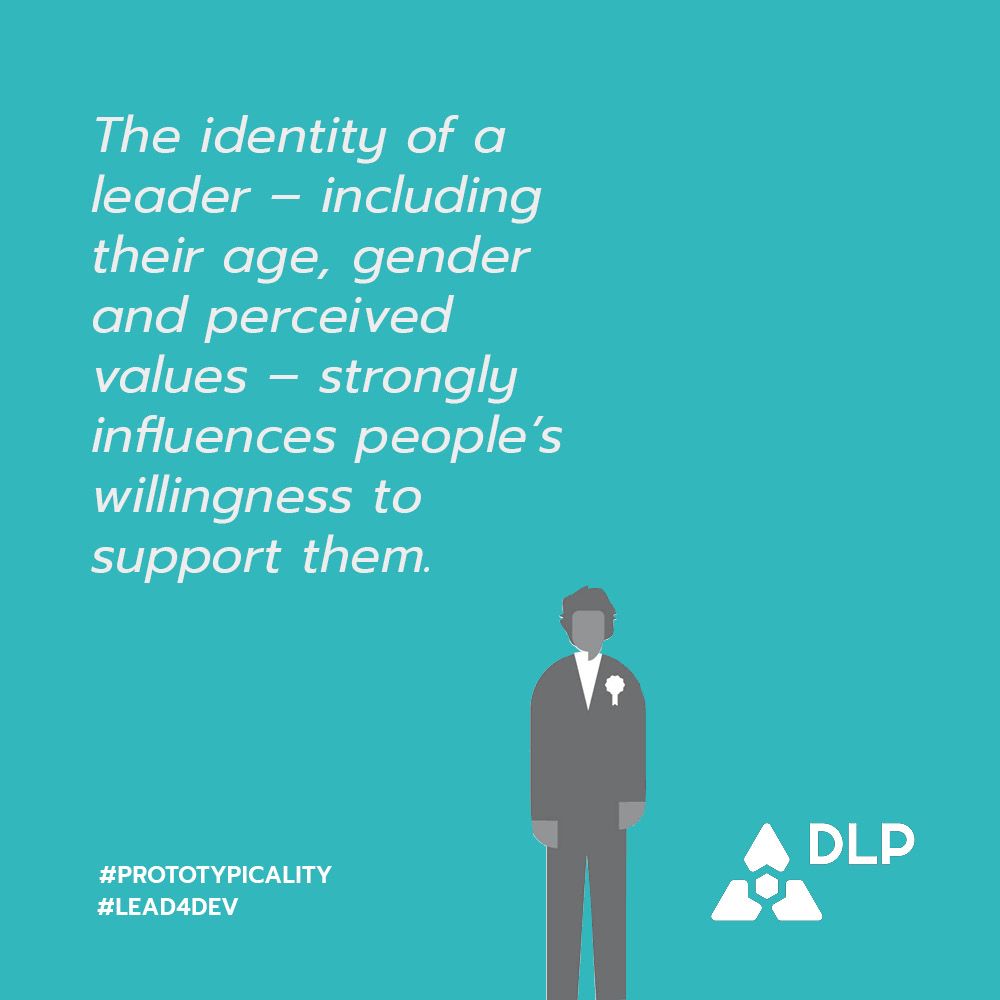What do people want from their leaders? Why are some leaders perceived as naturally more trustworthy than others? And what matters more to followers – a leaders’ identity, or how effectively they perform?
This brief sets out some initial findings from research that examined these questions in Indonesia. In December 2018, Cakra Wikara Indonesia (CWI) and the Developmental Leadership Program (DLP) undertook a large survey of perceptions of leadership across 5 provinces (Jakarta, North Sumatra, West Java, East Java, and South Sulawesi) (n= 2,003). The survey used an embedded experiment to test how different identity characteristics – such as the gender, religion, age, and the perceived fairness of a leader – affects people’s trust in leaders, how effective or capable they think they are, and whether they believe they would represent their interests.

Key Facts about Prototypicality

Key Facts about Prototypicality











